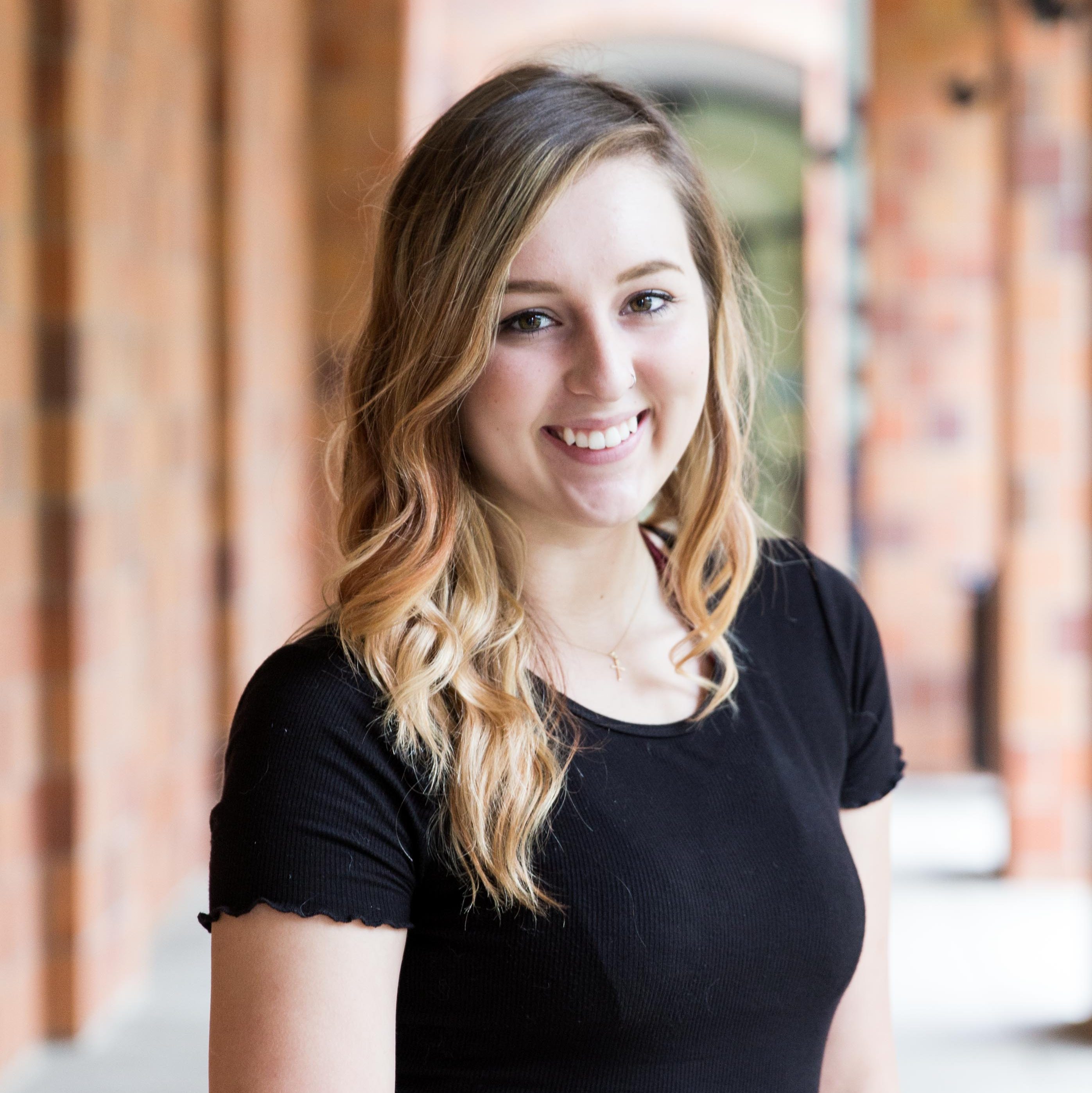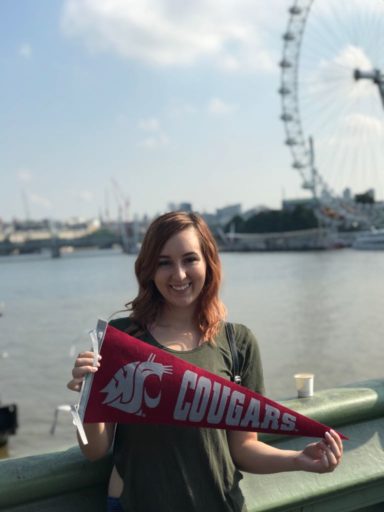Dear Fellow Cougs,
If a few months ago someone had discussed education abroad, I would have written it off as something only financially well-off students can pursue. Fast forward to now, I recently returned home from spending part of my summer in London doing just that. I haven’t used a dime in student loans to pay for it and I did not have any frivolous sponsors. It is not anything I would have ever considered until recently and want others to have the opportunity to experience something so life-changing too.
While taking a communication course last semester my professor George Rede recruited me for a study abroad program. This gave me the chance to study outside of WSU Vancouver through an international program called CAPA: The Global Education Network. There are many opportunities outside of our own institution to study abroad. The most important thing before considering an outside organization is checking if the credits will transfer – the experience won’t be the same if the coursework does not earn useable credits.
Claire Kibblewhit, CAPA program director of the London office said, “I would encourage anyone to study abroad. If you’re not sure you can do it, give it a go. I think it can be a challenge but life is full of challenges and you should definitely challenge yourself.”
Kibblewhit discussed how students who doubt their abilities or who are uncomfortable with the concept of studying in a foreign country are generally the ones who prove to be successful. CAPA encourages students to take note of what international differences make them uncomfortable and use those experiences to broaden their cultural perspectives.
“Living or working in a foreign or global city also allows students the benefit of sort of thinking out of the box, getting out of their comfort zones making adjustments to things that may be intellectually adverse to what they’re used,” Kibbelwhit said.
Having the opportunity to study in London, I have learned huge lessons in independence, integration, diversity and important information from my coursework. I studied abroad to complement my communication degree because London is an epicenter of journalism and media. I would encourage you to study in a city that best compliments your major. For instance, if you’re studying history, you might consider studying in Rome due to its rich history dating back to 753 B.C.
During the 2016/17 school year, 23 WSU Vancouver students studied abroad; accounting for three percent of the Cougs who study globally. Students who receive financial aid can adjust their aid for education abroad costs.
Christine Oakley, Washington State University’s director of global learning, encourages everyone to study abroad and stressed the importance of planning early.
“Our slogan is anyone, anytime, anywhere!” Oakley said. Studying abroad, she said, gives students “an opportunity to gain confidence. Even simple things like figuring out public transportation, paying for it in a different currency, figuring out how to get where you want to go.”
Learning about another culture while pursuing your major is eye-opening. I was able to pay for my program in full by fundraising. I’d suggest speaking with a financial aid advisor and seek scholarships. Students don’t need to be rich to study abroad and it will undeniably enrich your character. Attend a Global Cougs meeting to see what opportunities are available through WSU Vancouver. These meetings are for current students to discover what international opportunities they have and identify programs that might interest them.
I hope this letter will persuade you to consider the many education abroad opportunities you have as a student here at WSU Vancouver. Take it from someone who never envisioned herself studying abroad but is now more culturally aware because of it.
Sincerely,
Anna Nelson
The VanCougar Reporter

Anna Nelson is the Editor in Chief for the VanCougar. She is a senior and is studying strategic communications.
